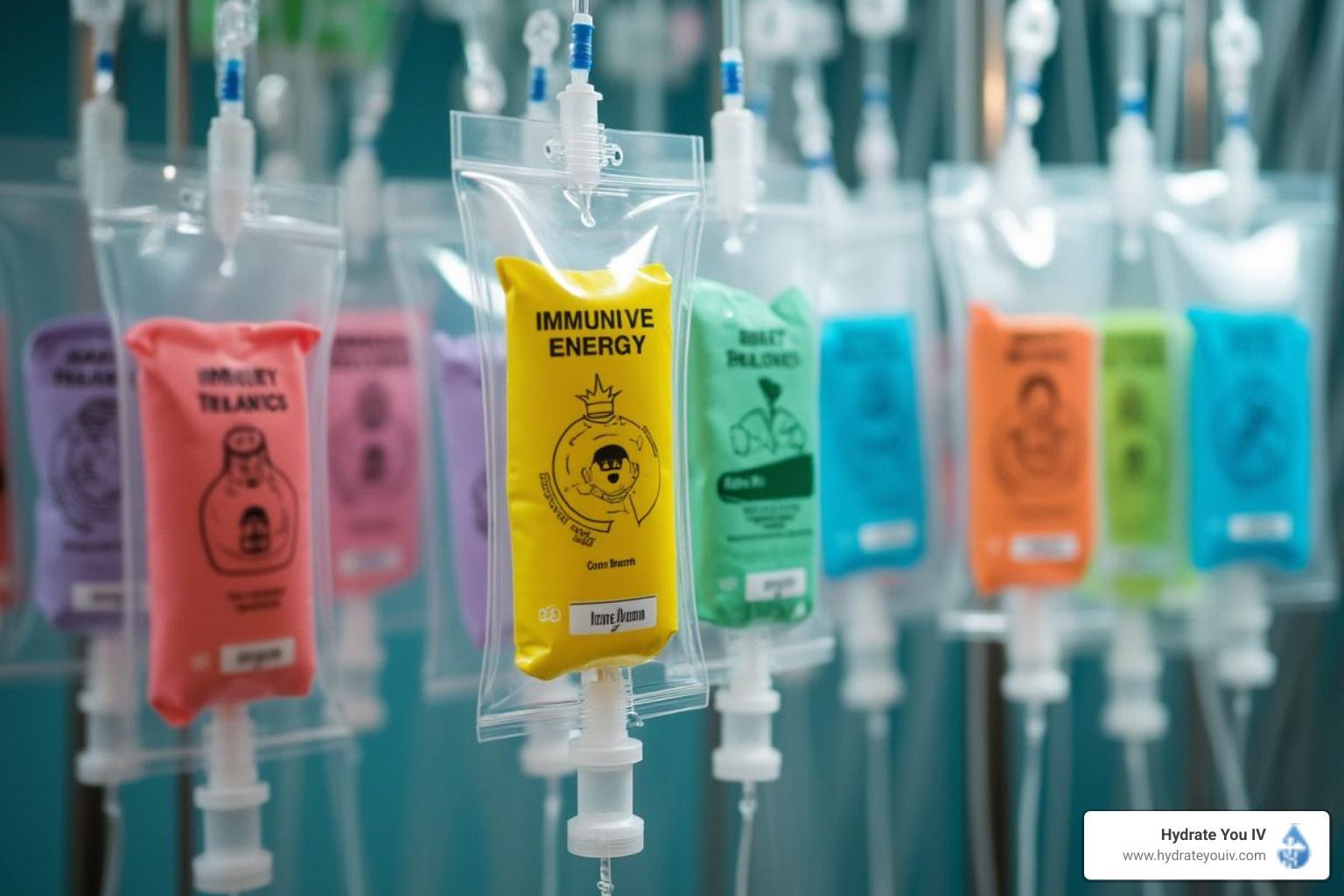Vitamin C for Glowing Skin: Top Benefits, Sources, and Pro Tips
Vitamin C Benefits for Glowing Skin: Top Sources and Expert Tips

Vitamin C is heralded as a crucial nutrient for achieving glowing skin. Not only does it play a vital role in skin health, but it also serves as a potent antioxidant. This article delves into how vitamin C benefits the skin, its top sources, expert tips for maximizing its benefits, potential side effects, and future trends in skincare.
Understanding the Role of Vitamin C in Skin Health
Vitamin C, also known as ascorbic acid, is an essential vitamin that our bodies cannot produce on their own. It plays a multitude of roles in maintaining skin health. One of the primary functions of vitamin C is its ability to stimulate collagen production, which is vital for maintaining skin elasticity and firmness.
Additionally, vitamin C has powerful antioxidant properties, which help combat oxidative stress caused by free radicals. This is particularly important given that environmental factors like pollution and UV rays can expedite skin aging. Regular intake of vitamin C can result in a healthier, more vibrant appearance.
The Science Behind Vitamin C and Skin
The science surrounding vitamin C is fascinating. It functions at a cellular level by promoting the synthesis of collagen and elastin. These proteins provide structural support to the skin, keeping it plump and youthful.
Moreover, studies have shown that vitamin C can brighten skin tone by inhibiting melanin production. This reduction in pigmentation can help to fade dark spots and provide an overall luminosity to your complexion.
How Vitamin C Contributes to a Glowing Complexion
A glowing complexion often stems from well-hydrated and healthy skin. Vitamin C helps to lock in moisture, enhancing the skin's hydration levels. This not only gives the skin a dewy look but also improves texture over time.
Furthermore, vitamin C can reduce inflammation and redness, leading to a more even skin tone. By using vitamin C regularly, people can expect to see firmer, brighter, and smoother skin.
Top Sources of Vitamin C for Skin Health
Incorporating vitamin C into your diet and skincare routine is essential for reaping its benefits. Below, we explore the best natural sources of this vital nutrient and how it is used in skincare products.
Natural Sources of Vitamin C
Diet plays a crucial role in ensuring adequate vitamin C intake. Some of the top natural sources include:
- Citrus fruits like oranges, lemons, and grapefruits
- Berries such as strawberries, raspberries, and blueberries
- Vegetables including broccoli, Brussels sprouts, and red bell peppers
- Leafy greens like spinach and kale
Including these foods in your daily meals can help support your skin's health from the inside out.
Vitamin C in Skincare Products
Besides dietary sources, vitamin C is also a key ingredient in many skincare products. You may find it in serums, moisturizers, and masks. Popular formulations often use derivatives of vitamin C, such as sodium ascorbyl phosphate or ascorbyl palmitate, which may enhance absorption and stability.
When selecting skincare products, look for options that indicate a concentration of at least 10% vitamin C for optimal benefits. It's also essential to store these products in opaque containers to prevent degradation from light exposure.
Expert Tips on Maximizing Vitamin C Benefits for Skin
To fully leverage the skin-enhancing effects of vitamin C, experts have several recommendations regarding its usage and dietary consumption.
Best Practices for Vitamin C Consumption
For dietary intake, aim to include a variety of vitamin C-rich foods in your meals. Plan to have at least one source with each meal. Combining fruits with meals can enhance the absorption of vitamin C and increase its overall effectiveness.
For skincare, applying vitamin C in the morning is ideal. This timing allows the antioxidant properties to combat free radicals throughout the day. It’s also beneficial to follow your vitamin C serum with a broad-spectrum sunscreen to maximize skin protection.
Choosing the Right Vitamin C Skincare Products
When selecting a vitamin C product, consider factors such as formulation and personal skin type. For example, if you have sensitive skin, opting for a gentler, lower concentration product may be smart. Look for serums with added ingredients like hyaluronic acid or ferulic acid to enhance the effect of vitamin C.
Read labels carefully and select stable formulations that are less likely to oxidize. Brands that package their products in airtight, dark containers are often better choices for maintaining ingredient potency.
Potential Side Effects and Precautions
While most can benefit from vitamin C, some individuals may experience skin reactions. It’s crucial to be aware of these risks when incorporating vitamin C into your routine.
Understanding Possible Risks
Some users may experience irritation, redness, or breakouts, especially if they have sensitive skin or if the product is too potent. If you notice such symptoms, consider reducing the frequency of application or switching to a lower concentration.
Performing a patch test before widespread application can also help gauge skin sensitivity. This simple test allows you to determine if your skin will react negatively to new products.
When to Consult a Dermatologist
If persistent irritation occurs or if you're unsure about including vitamin C in your skincare regimen, consult a dermatologist. They can provide customized advice tailored to your skin type and concerns. This is particularly essential for those with conditions like eczema or rosacea, where certain products may exacerbate symptoms.
The Future of Vitamin C in Skincare
Research on vitamin C is continually evolving, providing insights and innovations for skin care enthusiasts.
Emerging Research and Innovations
Recent studies are exploring more stable and effective formulations of vitamin C. Scientists are looking into liposomal vitamin C, which may enhance absorption at a cellular level, potentially leading to even greater skin benefits.
Additionally, formulations that combine vitamin C with other antioxidants are gaining popularity. This combination can provide a synergistic effect, maximizing the protective qualities against environmental stressors.
The Long-Term Impact of Vitamin C on Skin Health
Long-term studies suggest that consistent use of vitamin C can contribute to lasting improvements in skin texture and tone. Users report a significant reduction in the appearance of fine lines and an overall enhancement in skin luminosity.
As research continues, the future of vitamin C in skincare looks promising, with more innovations likely to surface that enhance its already impressive properties for skin health.
In conclusion, embracing vitamin C as a staple in both diet and skincare can lead to radiant skin. By understanding its benefits, knowing the best sources, and applying expert tips, anyone can work toward achieving that sought-after glow.











